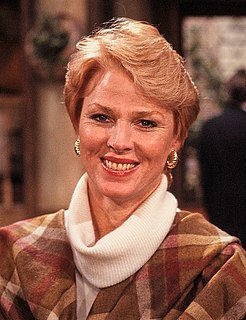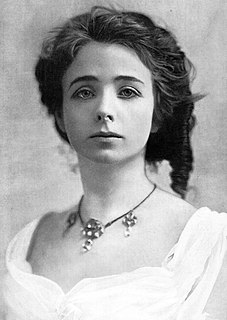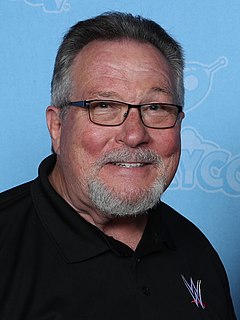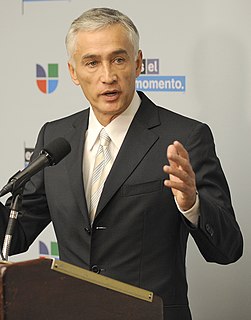A Quote by Deborah Eisenberg
I'm not used to interviews. People don't generally interview waitresses.
Quote Topics
Related Quotes
A significant number of people believe tribal people still live and dress as they did 300 years ago. During my tenure as principal chief of the Cherokee Nation, national news agencies requesting interviews sometimes asked if they could film a tribal dance or if I would wear traditional tribal clothing for the interview. I doubt they asked the president of the United States to dress like a pilgrim for an interview.
The crazy thing is, I sent out 200 letters and I got one job interview, and I actually got that job, which was working as a development assistant at Joel Silver's company. I always say that to people when they ask "What do I do?" and I'm like, "Look, I didn't get ten responses, and I didn't get five interviews, but I got one interview, and I got the job," and that was all I needed.
Oral history is a research method. It is a way of conducting long, highly detailed interviews with people about their life experiences, often in multiple interview sessions. Oral history allows the person being interviewed to use their own language to talk about events in their life and the method is used by researchers in different fields like history, anthropology and sociology.
This uses a lens system, which I have used for years in various different ways, but I've never used it in the context of an interview. This is the very first time that I've done that. It's a lens called The Revolution, so it allowed me to interview Elsa [Dorfman] and actually operate the camera. Well one of the cameras, because there were four cameras there.
I remember when I was in Mid-South and they used to tape interviews every Wednesday morning, and I wasn't required to go to the interviews because I was a rookie and I wasn't cutting any interviews - I was a curtain jerker. But I went every Wednesday anyway because I was going to watch those guys and I was going to glean from them.
The Italian journalist Oriana Fallaci used to say that for her, an interview was like a war. I get the sense that we've forgotten that here in the United States. You turn on the TV, and you see very bland interviews. Journalists in the United States are very cozy with power, very close to those in power.






































